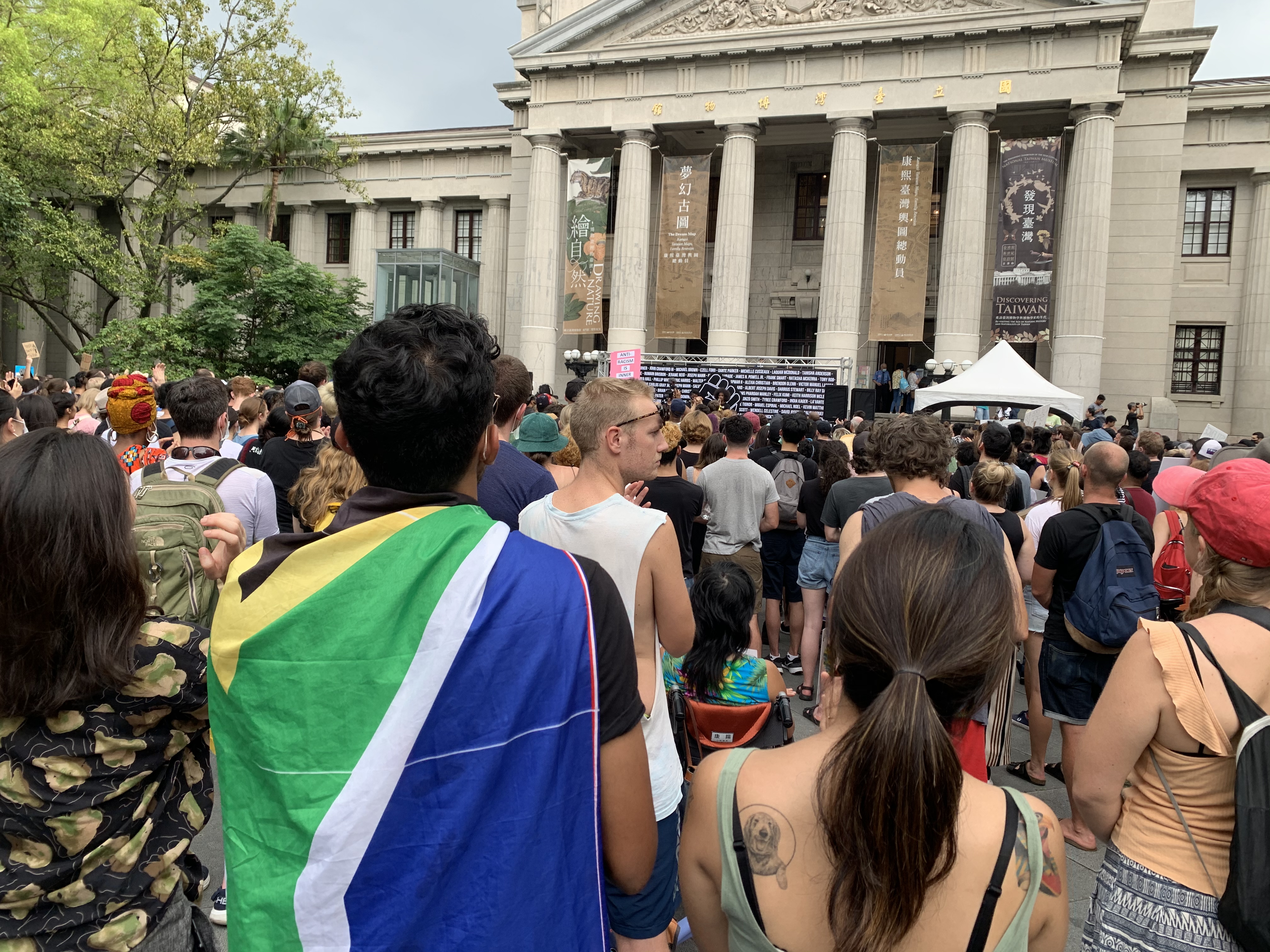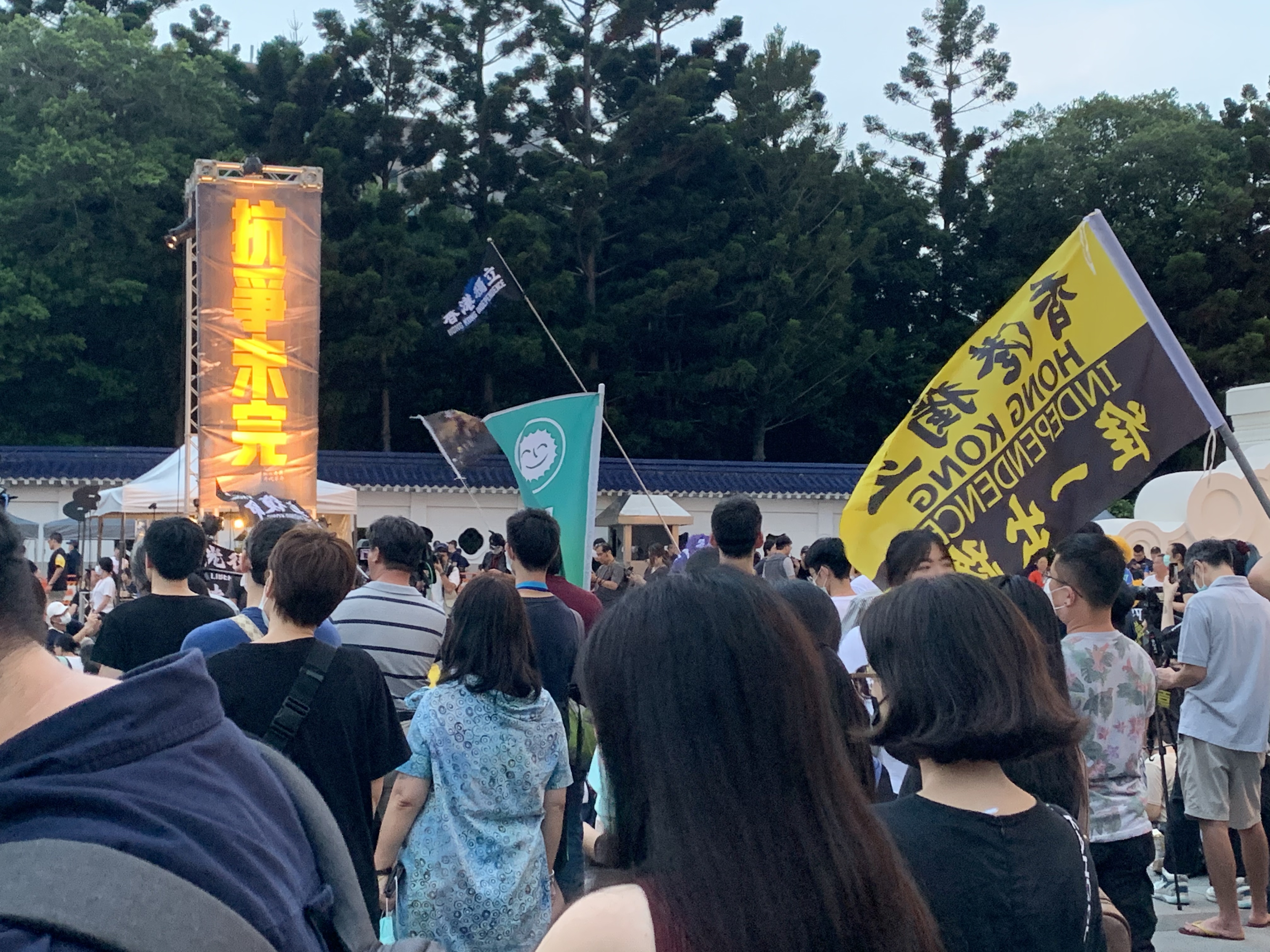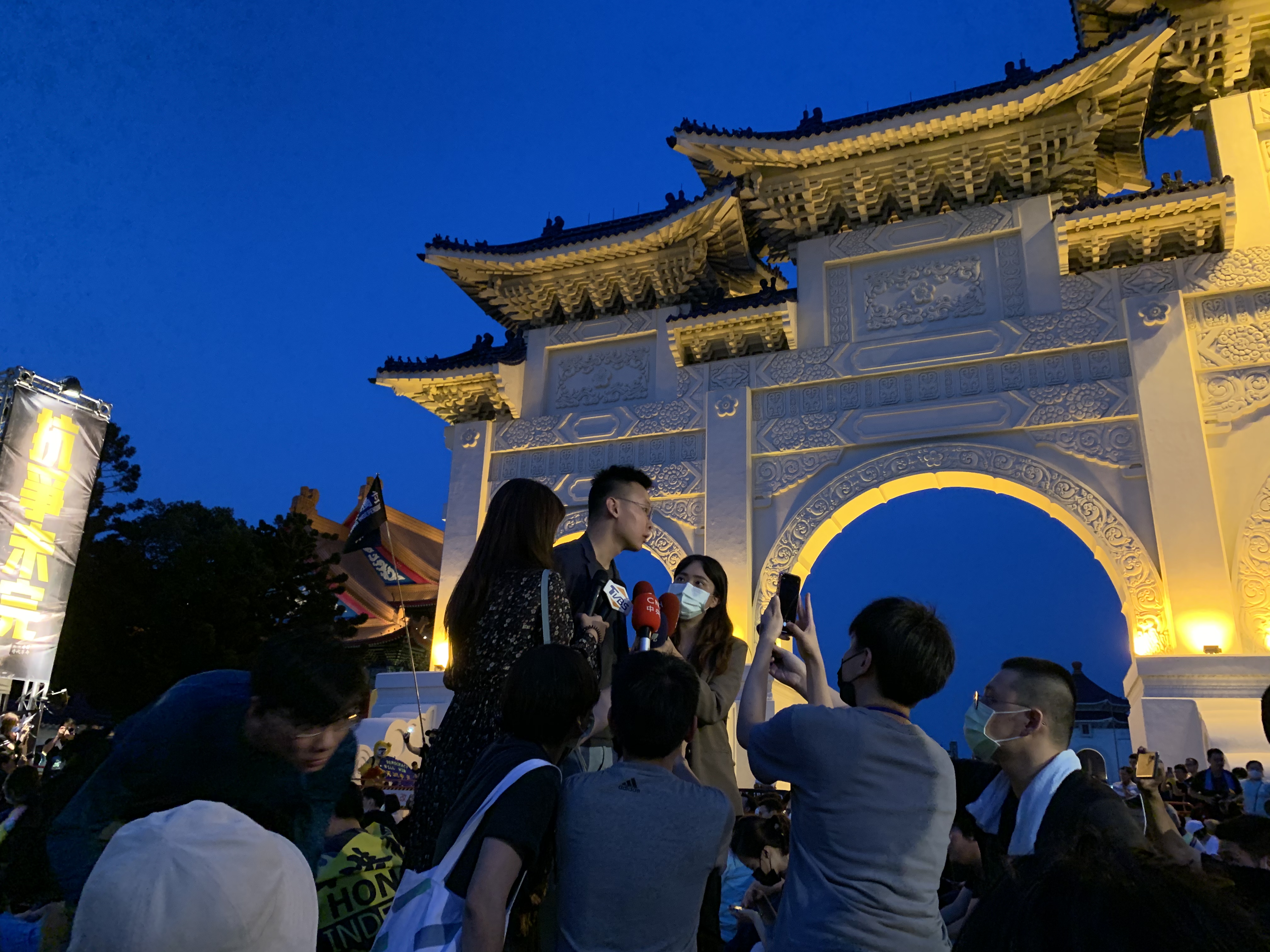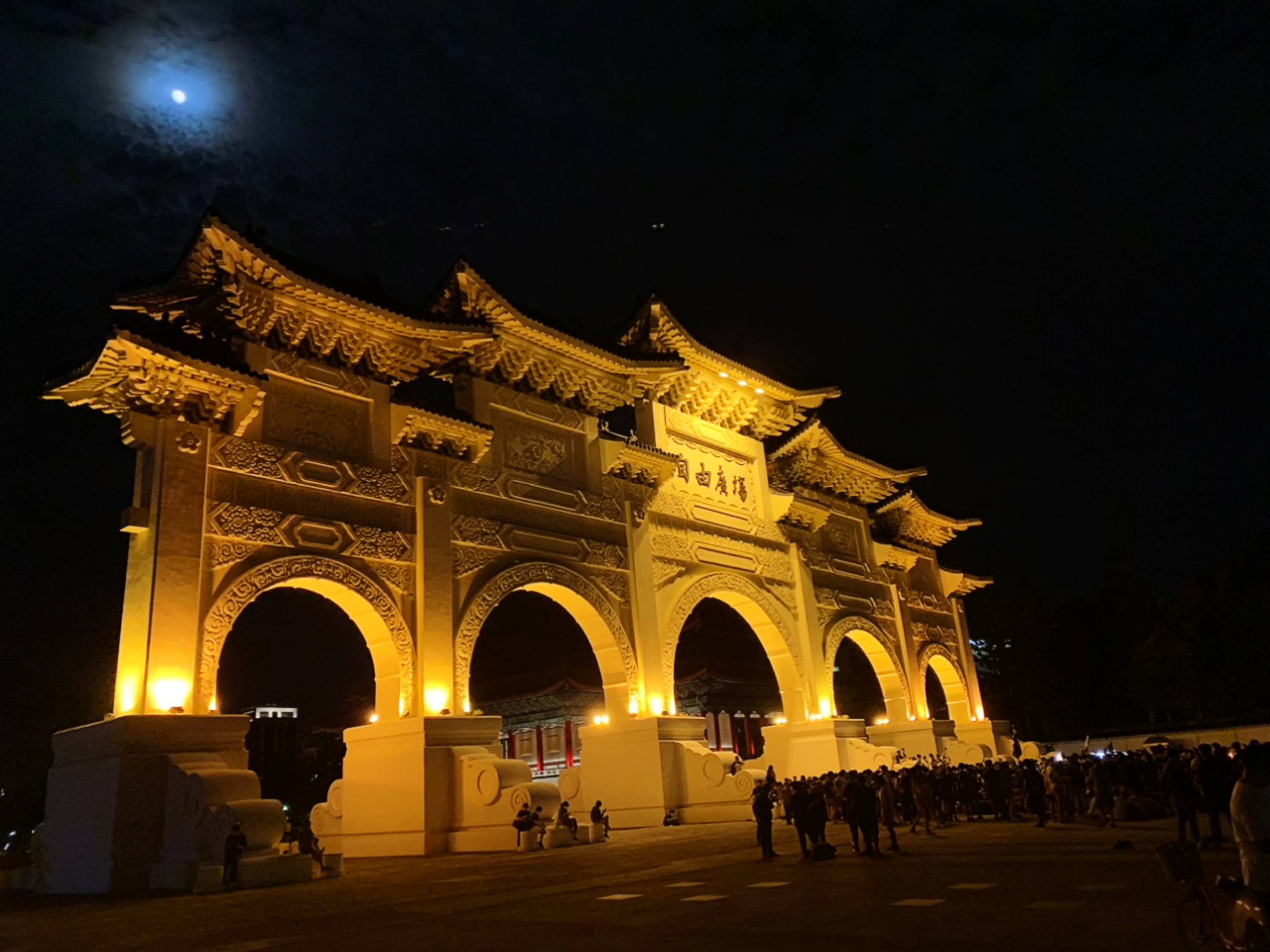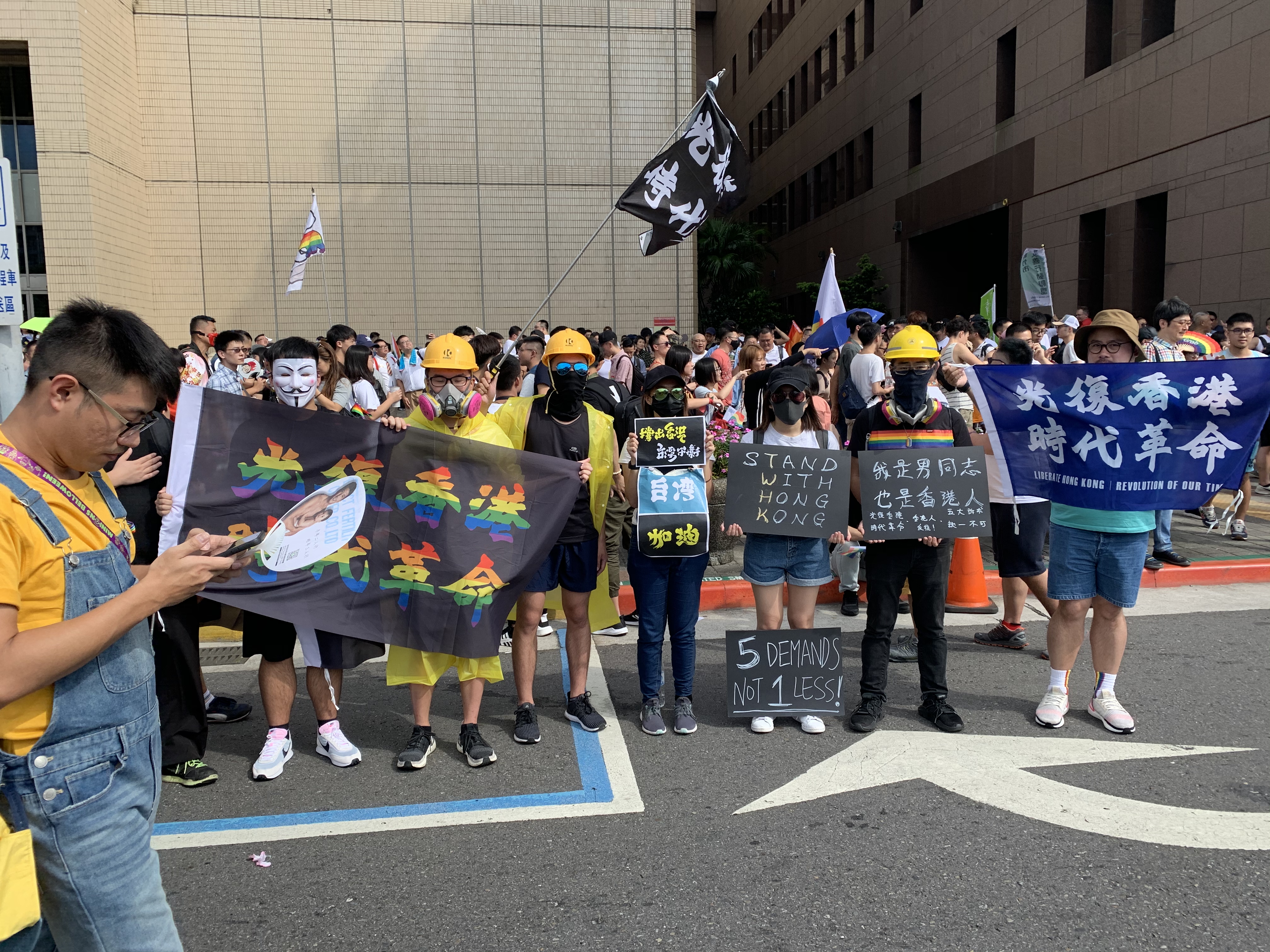
I read an interesting piece in Hong Kong Free Press today, about Hong Kong residents mourning the death of Queen Elizabeth II. The pull quote did indeed pull:
A business executive who gave her surname So admitted that Elizabeth II’s death had made her nostalgic and that she felt “less of a connection” with China’s Communist Party leaders in Beijing. “I only realised how good it was after I lost it,” she said, referring to the city since its handover.
An 80-year-old retiree, who gave his surname Poon, was holding a bunch of red lilies and spoke bluntly. “In the past we had human rights, equality before the law, and protections in many aspects,” he said.
“But now, I would not comment on the present, I dare not.”
This sort of thing catches my eye, because in my echo chamber, it's socially acceptable to mock, criticize and deride the royal family and feel nothing -- except perhaps pleasure -- at the death of a queen. I don't particularly disagree: I'm no monarchist and I do not believe some people are naturally born to higher stations than others.
What would likely be less well-received is expressing sadness, condolences or fondness for a dead monarch and her family. I haven't expressed anything like this because I'm neither sad nor fond, but it feels like subversion to consider saying anything like it around my own friends. I know I sound like a "conservatism is the real subversion!" right-wing shock jock here, but bear with me.
Of course, I'm aware that there are other social circles and echo chambers where the opposite is true, and there are people who suffered under British imperialism, and who don't appreciate being tone-policed for their lack of solemnity or grief.
I know in my gut, however, that there is a whole range of possible feeling about some events that don't boil down neatly to "White Supremacy and Exploitation" or "God Bless the Noble Queen".
How do I know this?
Because I live in Taiwan, where people sometimes express nostalgia for the Japanese colonial era, even though it was exactly what the name implies: colonial. Taiwanese as second-class citizens, no human rights to speak of, cultural brainwashing disguised as "education", freedom of speech allowed to a degree or banned depending on whether the central government was feeling benevolent that year.
One only feels "nostalgic" for an era like that if the era that came after it was even worse.
You can see it in Hong Kong now: who would mourn the end of a foreign colonial power on your land, which did not grant Hong Kong anything like democracy? Who would have complex feelings about the death of that foreign colonizer's queen?
Anyone who realizes that the current era is worse, it turns out. Which is to say many, if not most, Hong Kongers. Beyond news about absurd prosecutions under the National Security Law, you can see it in the demographics: just about anyone who can leave is doing so, or trying.
To the rest of the world, this might look like colonizer bootlicking. In fact, more than once I've seen it called that: Hong Kongers who miss the old British system and imply they do not care for their new, more local masters are called all sorts of names. Taiwanese who point out that the Japanese era looks pleasant in comparison to the KMT brutality that followed are similarly called brainwashed, colonizer-loving, kissing their own chains.
I assure you the opposite is true. Just because a new colonial master is more local (say, the CCP or KMT) does not make them better. In fact, they're likely to be worse, as few around the world want to call this colonialism what it is, when the colonizers and colonized "look the same". The international community mostly looking the other way -- "hooray, they're decolonized now, China will definitely be better for Hong Kong because they're all Chinese, so good luck"? This opens up whole new horizons for brutality!
The same thing happens when either Taiwan or Hong Kong express more hope in countries like the United States, or want more connections with the international community (including the US and UK) than China. Don't they know these countries are the Great Satans, the Imperializers Supreme, the Bad Guys? Hong Kongers and Taiwanese are mocked for turning to the 'evil' West rather than embracing Chinese regional hegemony.
Yes, it's leftists who do the most mocking. And when you tune out all the obviously paid trolls, a rather large proportion of them are Westerners (some white, some not) mocking Asians for being realistic about the horrors of CCP rule.
In the end, this produces a set of opinions that look like bootlicking to your average Western leftist (or even progressive or naive liberal), but are actually subversive, hewing to the principles of the non-tankie left -- freedom, justice, human rights -- if not their most common modes of expression.
Indeed, I have friends who are not white and not monarchists, yet currently have complicated feelings about the death of Queen Elizabeth II, likely for exactly these reasons.
I think it's better to recognize and understand that, rather than dismiss any sort of sentimentality, say, the British monarchy, as an exercise in White supremacy or Medieval notions of nobles and subjects. It runs at times a little too close to Western liberals and leftists once again telling some Asians how to feel.
"If you're anti-imperialist, you should oppose this" isn't wrong, per se; it is actually how I feel about the monarchy and a great deal of US and UK foreign policy. To someone in Hong Kong or Taiwan, however, it might sound rather like how the CCP wants them to feel. It's not the same as "you are obligated to hate those foreigners and their colonial structures in order to prove you are a true Chinese and embrace our colonial structures instead!" But on the surface, it's not far off. Refusing to buy into it at all is, in that sense, a form of subversion.
Taiwanese who express an interest in Japanese culture aren't brainwashed colonial subjects. It's part of Taiwanese history, and frankly a somewhat brighter part than the KMT's White Terror, if only in comparison. Hong Kongers who express nostalgia for the British colonial years aren't Western bootlickers. Neither is right-wing, "CIA", a "color revolution", "imperialist" or "colonizer-loving" for wanting the same access to human rights and democratic norms that Westerners, including the leftists who mock them, enjoy. That's true however imperfectly they are applied or accessed in the West.
Here, too, I understand the impulse of those Western leftists. I was raised in a liberal home (90s liberal, so still pretty problematic by today's standards), went to college and only really saw "colonialism and exploitation" through models of what we had done to the rest of the world. Imperialism was something white people did, colonizers were always "foreign" and you could tell because they looked different. "Decolonization" looked a lot like handing Hong Kong "back" to China or the US getting its nose out of Asian affairs. I had only a vague concept of the CCP's evils (I was young during Tiananmen Square, but I remember), and no concept of Taiwanese pro-democracy activism.
I had absolutely no context for someone saying "mourning the past is not a crime" as a way of pointing out that in their supposedly "decolonized" current society, mourning the past is absolutely a crime -- and shouldn't be.
In other words, Queen Elizabeth II is just one tableau onto which people, including Hong Kongers, expressing our own perspectives and emotions, but the result is a kind of funhouse mirror because that canvas is not remotely blank. It's not even flat. Whatever is expressed is about the queen, but also not about her at all.
To us, the monarchy looks like a big fat cog in a system of class-based oppression. It's hard to wrap one's head around it taking on another quite opposite meaning in a different context: a yearning for freedom, or at least the simulacrum of it that was lost.
It would have been easy to fall into that same "America always bad, China must be better" trap, because I lacked context. There is a pre-2006 me who simply had no frame of reference for this particular type of subversion: for mourning a dead queen not because you love being a subject, but because the current government is so much worse. For looking further afield because your regional neighbor is a huge asshole who wants to subjugate and slaughter you. For nostalgia as resistance against a narrative pushed on society by more recent colonizers.
Now, that context is clear. I hope you see it too.



